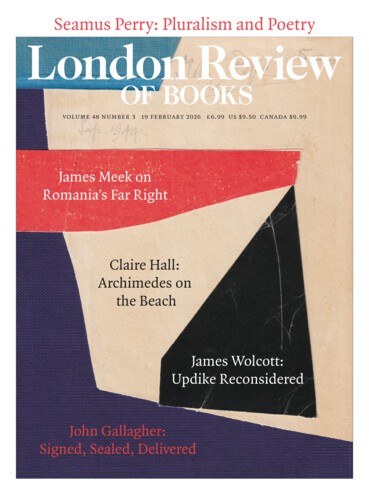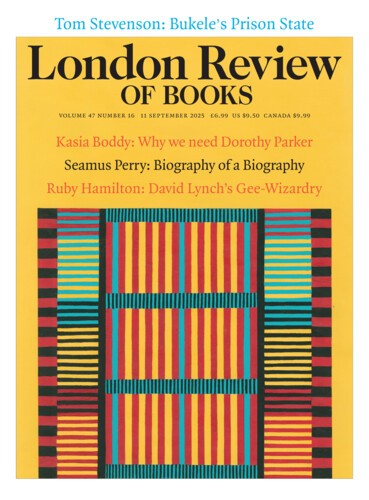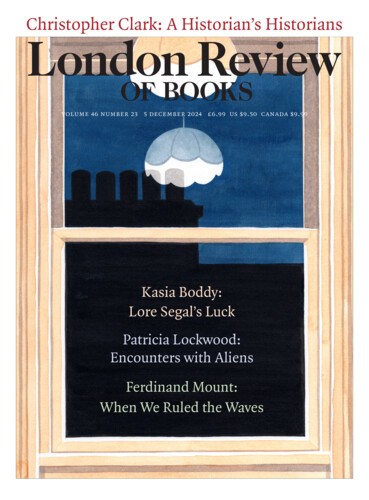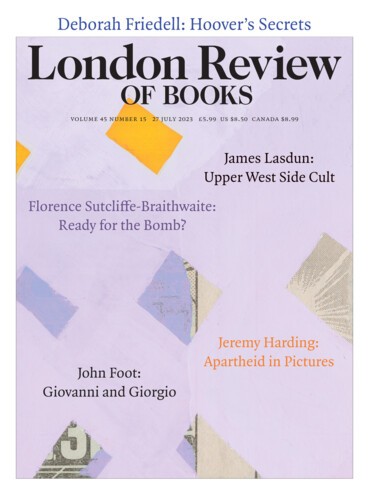The word ‘vampire’ entered common parlance in the Anglophone world in 1732, as sensational reports arrived via German newspapers about an episode on the Serbian front in the wars between the Habsburg and Ottoman empires. A soldier called Arnaut Pavle had died after breaking his neck falling from a hay wagon. It was said that he had been troubled by vampires throughout his life...
Killing the Dead: Vampire Epidemics from Mesopotamia to the New World by John Blair. It’s understandable that the dead should be angry or vengeful: after all, they have suffered a terrible calamity. There may be, as Freud proposed in Totem and Taboo, a ‘universal conviction that the dead, thirsting for blood, draw the living after them’. Death opens a portal that must be policed: in every human culture, burial is hedged about with ritual observance. Yet in certain historical moments the threat of the dangerous dead has flared up into a desperate and persistent conflict with the living.





